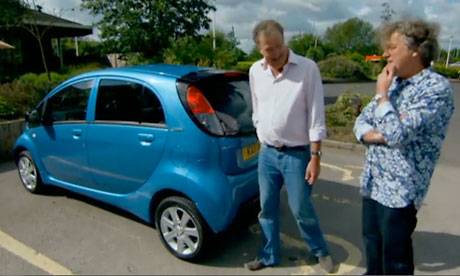This could well be a future headline on the iPads of 2050 if the newly announced post-Olympic neighborhoods decline into poverty and criminality as has happened with previous large scale housing developments along the decades.
 |
| What is the future to hold for the Olympic Park? |
Chobham Manor, East Wick, Marshgate Wharf, Sweetwater and Pudding Mill are the names of the estates that will take form on the Olympic Park in Stratford, East London over the next 20 years post London 2012. However, I do worry whether a series of economic and urban planning factors may well contribute to the creation of the next problem areas for which police, councils and central government will agonise over in the years to come.
East London has seen a lot of change throughout the past century including the regeneration of the Isle of Dogs into Canary Wharf. All of this urban and commercial regeneration has made notable changes to the skyline of our capital but not many positive changes to the people who live in their shadows and continue to live in some of the poorest areas of our great G7 nation.
 |
| Is it to be the continuation of Broken Britain? |
The areas around the Olympic Park such as Tower Hamlets and Hackney were still experiencing poverty and poor social mobility before the recession; from 2008 onwards they have seen the worst suffering communities and loss of motivation in the country. My point is, even with all the economic investment on behalf of the Olympics, can they really hope to bring about urban and social regeneration in an inner-city region that is already plagued with poverty?
Moreover, the physical urban layout of these Olympic neighborhoods has clear advantages and disadvantages. Yes, there are considerably good travel connections with the A11 and A12 bordering the park on three sides along with Stratford International rail in the middle. However, what type of person is going to want or be forced to live in an area with major traffic thoroughfares and High Speed rail lines going through your local community? I’m envisioning it to be a mixture of city commuters and thankful yet hopeful social housing tenants.
With the impressive need of social housing in London especially, an opportunity such as this cannot of course be turned down but the type of areas these neighbourhoods will evolve to be is somewhat questionable. Most commuters will travel into the city for their entertainment and use their decreasingly fashionable yet practical ‘Olympic apartment’ for sleep only whilst those in social housing estates will struggle with an ever-changing set of neighbours, the continuous battle over social mobility and the catch-22 situation of having thriving industries on your doorstep.
It would appear that the area’s connectivity is going to be its greatest asset and greatest downfall; good for the flitting commuter put bad for the family that actually lives there day and night. The proportion of commuter/family residents is going to play a huge factor as its rather difficult to create a community environment with a non-existent neighbour who gets home late and leaves early for work. The future local councils of these neighbourhoods will need to organise initiatives and strategies for up-keeping that community spirit. Problem being that these are just flimsy words which are even harder to make a reality in 2050, the people and organisations that build and sell these new 21st Century estates in the coming years will be the ones with the true power to ensure the development of a prosperous East London.
Question remains; Will the lives of these residents still taste sweet in 2050 or instead bitter in the mouths of Sweetwater?























